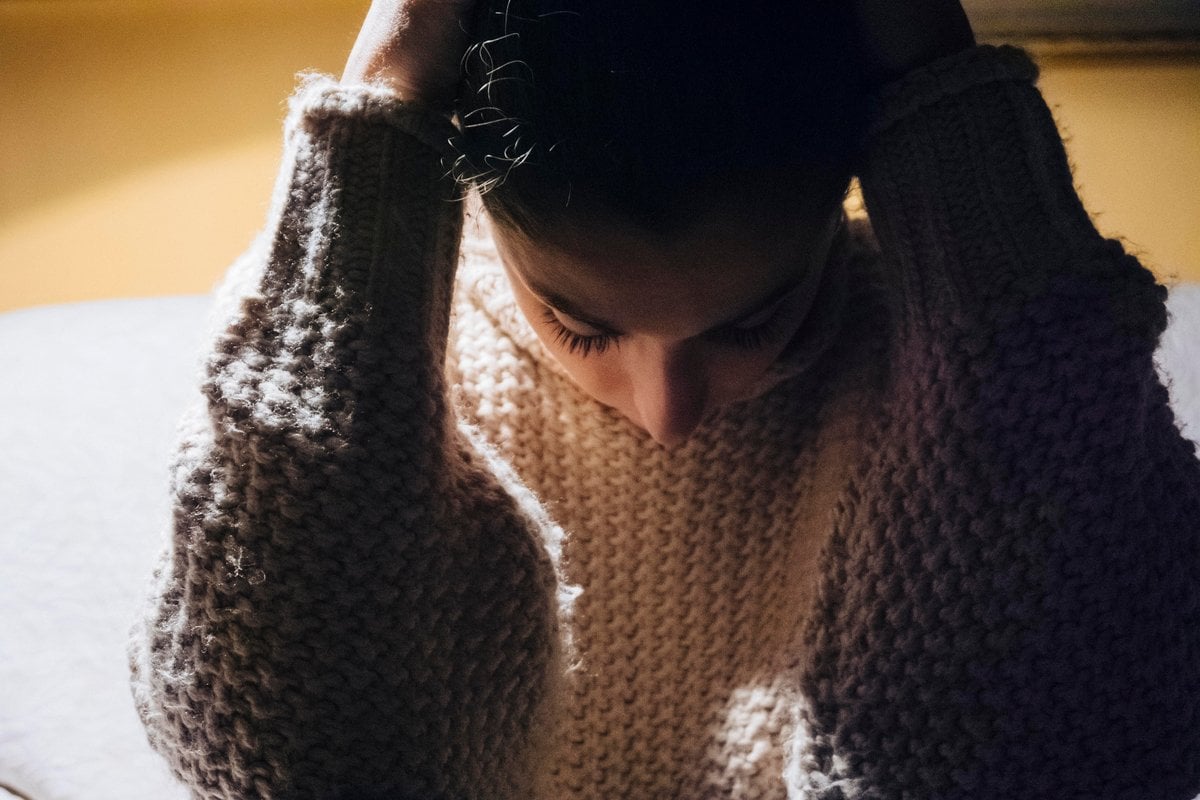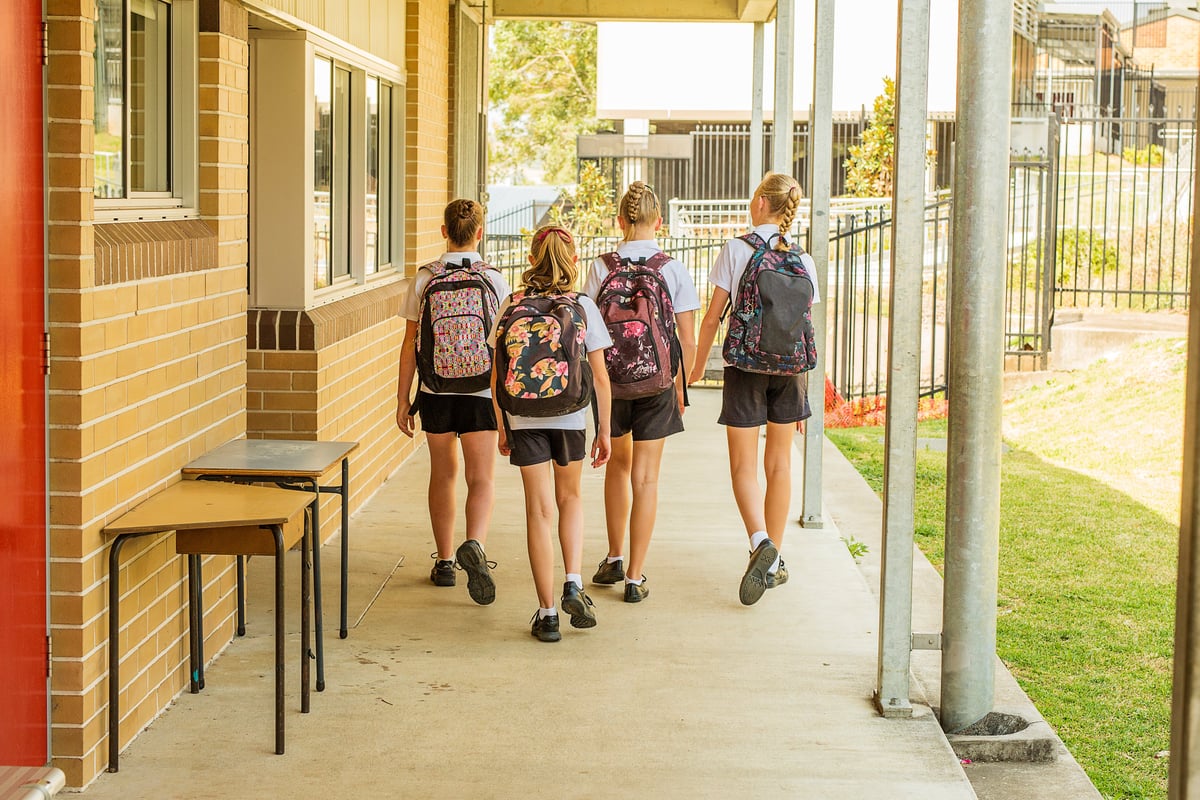
This post deals with suicide and might be triggering for some readers.
A few weeks ago, Kaz* gathered with her fellow high school teachers to inform their students that a classmate had taken their life.
Kaz isn’t a trained psychologist, she points out. In her own words, she is an “everyday teacher” who taught this student. Delivering the news, she feels both the intense sadness of losing a person you know to suicide, and the weight of having to tell a group of teenagers about the tragedy - the 'right' way.
“It was absolutely devastating,” she recounts.
Almost immediately, there were questions directed at the school as to who was responsible.
“The parents just came directly to the school asking, ‘What did you do? Why didn't you do more?’”
After the year they’ve had, their comments were, in Kaz’s view, as unsurprising as they were unfair.
"One parent told me the other week that if their child [hurts themselves], it's my fault."
Kaz is a 28-year-old English teacher from Queensland who works at a state school. She’s been a full-time teacher for seven years now, but these past 12 months have been different. Of course, the pandemic has caused devastating disruption to all. But some places and some people have felt it particularly hard, and few more so than our schools.
Watch: Here are some of the things that teachers never say. Post continues below.



Top Comments
Teachers should be a safety net & support system for kids, as should every adult, but parents should always be the main people looking out for their wellbeing.